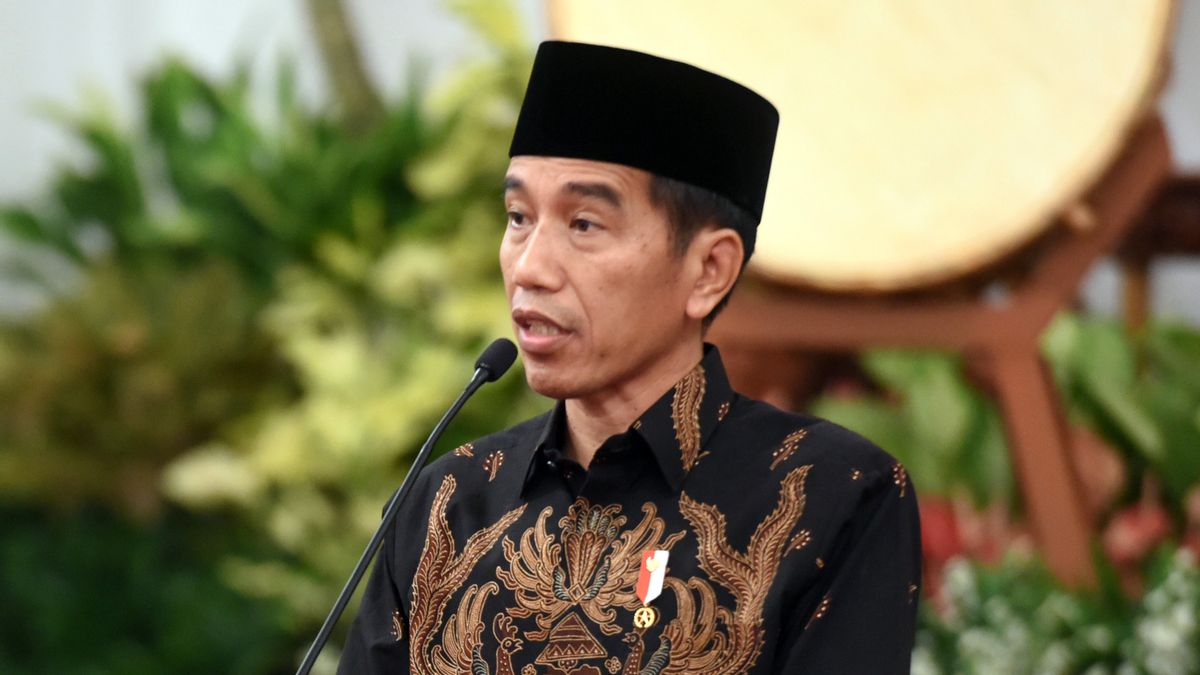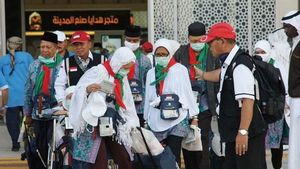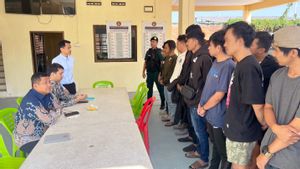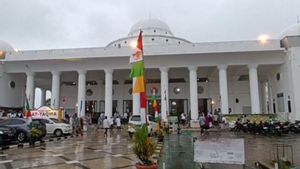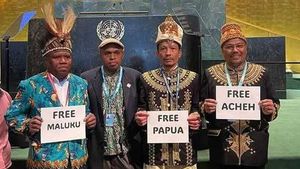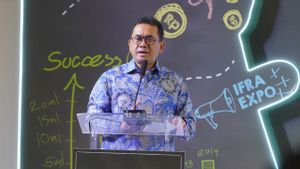JAKARTA - Deputy Minister of State-Owned Enterprises (BUMN) Budi Gunadi Sadikin said that the government must invite the private sector to revive the national economy which has been hit by the COVID-19 pandemic. Because, without involving the private sector, economic recovery is difficult.
Furthermore, Budi assessed that the private sector has a major role in supporting the national economy during difficult times due to this pandemic.
"So in the midst of COVID-19, improving the economy will be difficult or impossible if only the government is doing it. So, the government must be able to invite, encourage, encourage the private sector to participate," he said, in a virtual discussion, Tuesday, October 6.
In ancient times, said Budi, if the head of state wanted to move the Indonesian economy, it only remained to assign the ministers, provide the budget and enlarge the budget, and ensure that the program and money ran. Then it is certain that the economy must move.
Budi said, in ancient times when it was just independent, Indonesia's Gross Domestic Product (GDP) was held or influenced by the APBN for around 30 to 40 percent of the Indonesian economy through government spending.
However, he said, now the context has changed. The role of the private sector is also very large. Meanwhile, BUMN only has 30 percent of the national economic contribution and the rest is the role of the government through budget expenditures in the APBN.
"Now we have to realize that indeed Indonesia's economy is largely the contribution of 60 to 70 percent of the private sector, then BUMN and the government," he explained.
Budi emphasized that no matter how much the government encourages spending, the impact on the economy will not be as big as during the Soekarno and Soeharto era. This is because the context regarding the current Indonesian economy and the role of BUMN has changed and it is important to realize it.
Furthermore, Budi said, efforts to involve the private sector to jointly restore the economy due to the COVID-19 pandemic could be carried out by the government through interesting regulations.
"In contrast to ministries / agencies, the head of state does not have instruments such as a budget and determines private insiders. They can only make rules. If the rules are good, the private sector can move. But if the regulations are not good, the private sector does not move, meaning the economy will not improve," he explained.
According to Budi, there are two presidential assets to leverage the national economy. First, through the budget of ministries and institutions, which the state determines and its people. Second, through BUMN.
"Even though the open BUMN (Tbk) is not as powerful as that, but access to it (the president) is still there. These two pillars contribute approximately 30 percent of the total Indonesian economy," he said.
The English, Chinese, Japanese, Arabic, and French versions are automatically generated by the AI. So there may still be inaccuracies in translating, please always see Indonesian as our main language. (system supported by DigitalSiber.id)
